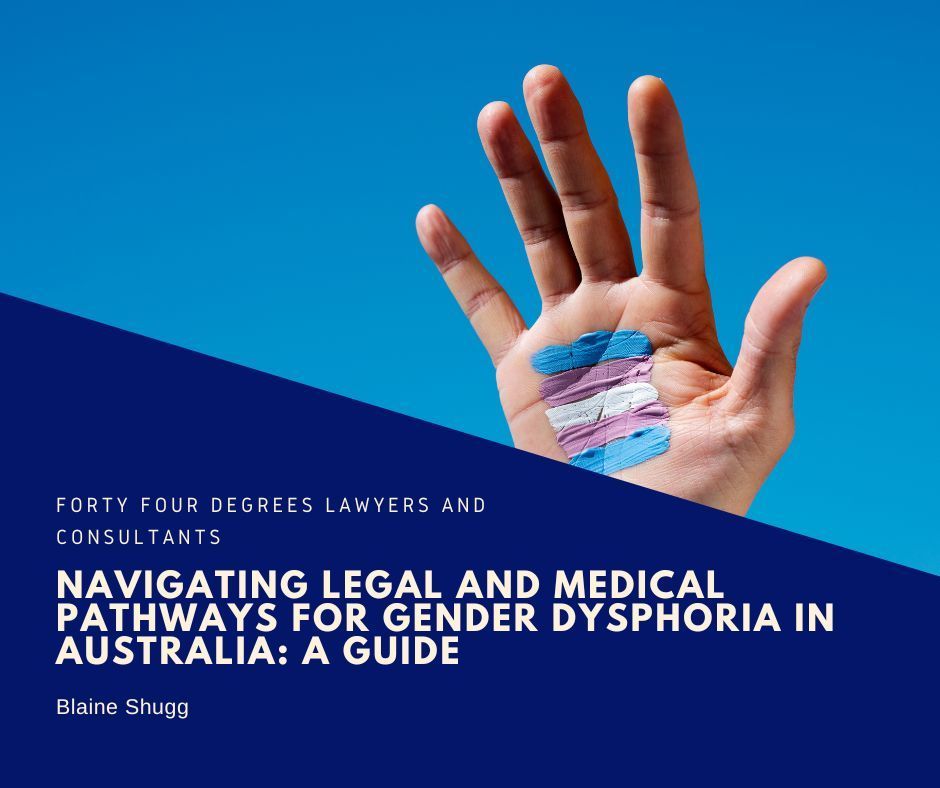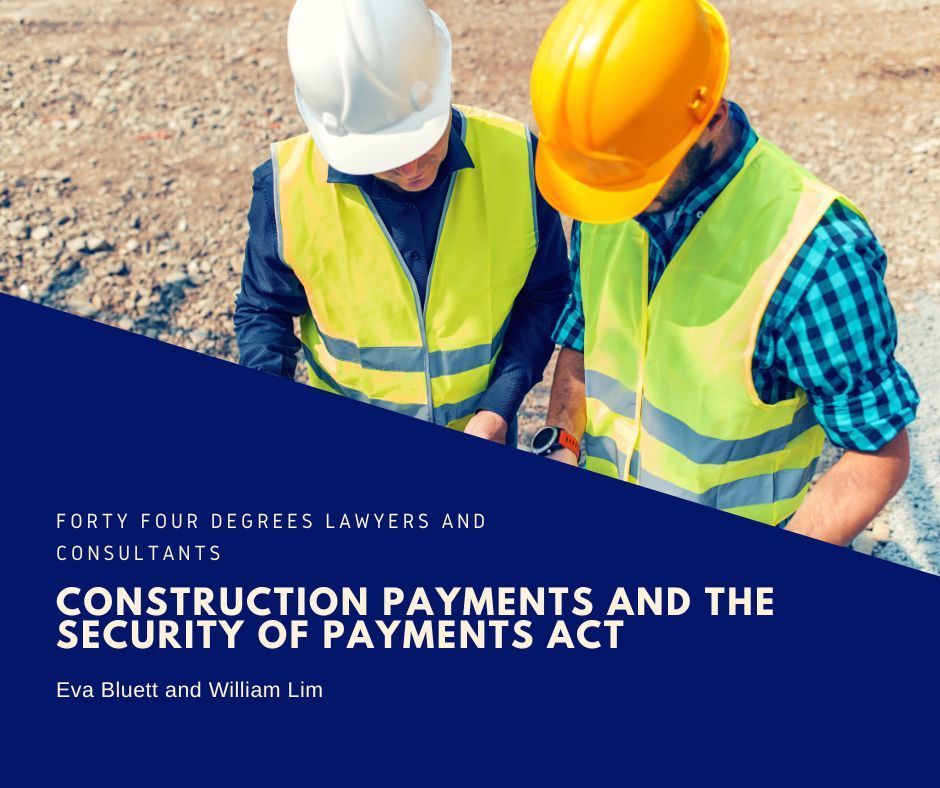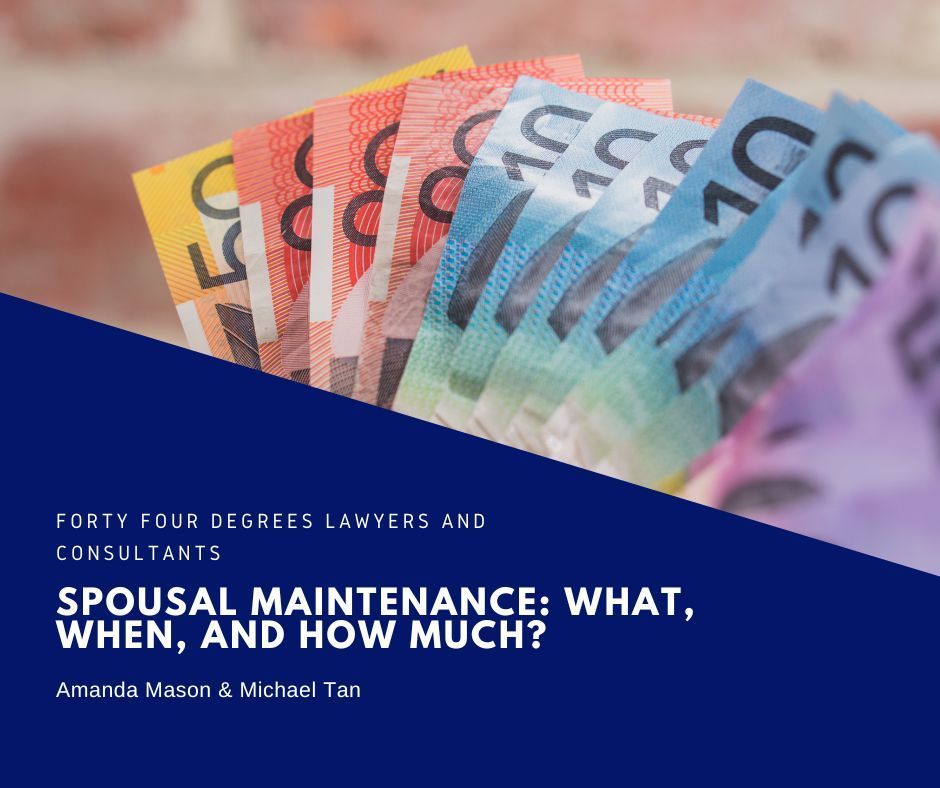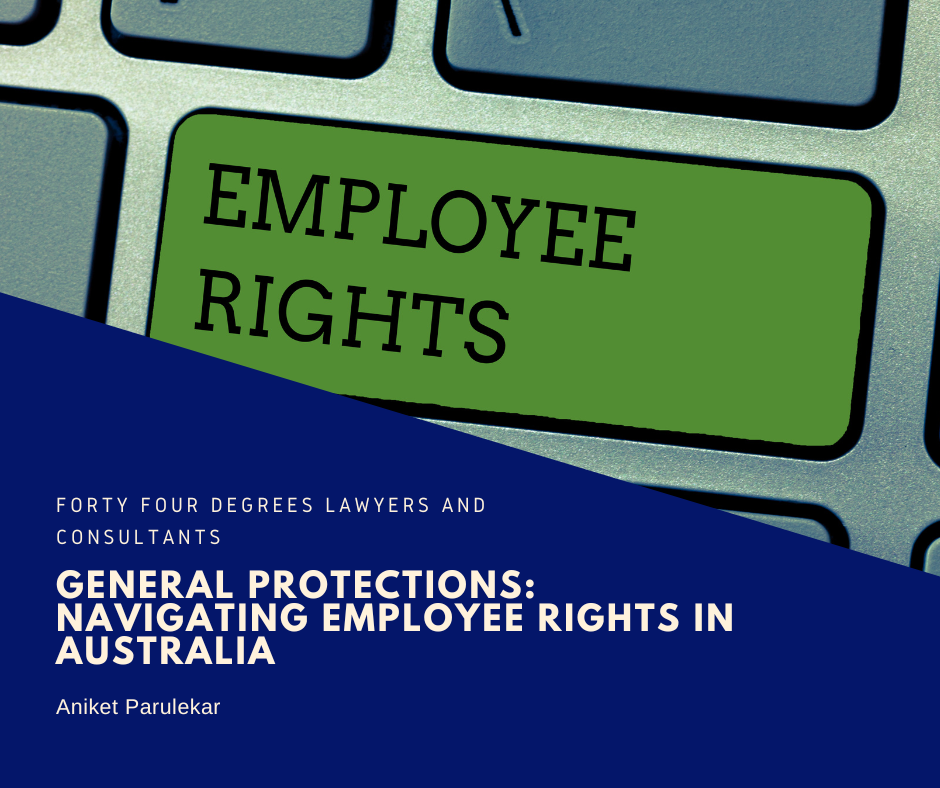Animal Breeding Contracts and the PPSR
Whether it’s for a horse, dog or cat, contracts for animal breeding can get confusing. Here’s what you need to think about before passing your prized pet over to a buyer.

Contracts for animal breeding are a unique type of agreement which require specific clauses to ensure the breeders rights are protected. Often under these arrangements, the breeder will retain legal title of the animal while it is in the buyer’s possession, until the terms of the breeding program are fulfilled. These contracts might specify that the buyer pays a reduced or waived purchase price for the animal if the breeding program is complied with, but that any offspring born from the animal under the breeding program remain the exclusive property of the breeder.
Essentially, this means that despite taking possession of the animal, the buyer will not become the legal owner of the animal until the terms of the breeding program are fulfilled, or alternatively, consideration is paid as set out in the terms of the contract.
A well-drafted breeding contract will identify the animal in detail and specify the health and condition at the beginning of the program. Accurately identifying the animal’s condition in the contract and through vet reports allows the seller to enforce reasonable and proper care of the animal while under the care of the buyer. A well-drafted breeding contract will ensure that if the buyer does not comply with the conditions of the contract, the breeder may terminate the agreement and either have consideration paid to them or repossess the animal.
But if no consideration has changed hands for the sale of the animal, how can the breeder be confident that their rights will be protected under the agreement?
To ensure the breeder’s interests are protected, it is recommended that the contract is drafted in a manner that allows their interest in the animal to be registered on the Personal Property Securities Register (‘PPSR’). The PPSR is an official government electronic register which allows individuals and companies to register a security interest in personal property. This serves as a protection of interests whereby an individual may take the property if a debt is not repaid pursuant to an agreement.
In the context of a breeding contract registering the animal on the PPSR ensures that the breeder’s rights under the breeding program specified in the contract are preserved if the buyer fails to comply with the conditions of the contract.
If the buyer defaults on the contractual terms of the breeding program, and the animal has been lawfully registered under the PPSR, the breeder will generally have enforcement rights over the security interest. Generally, depending on how the security interest was registered, this will include the right to repossess the animal and recover the amount you are owed plus legal fees.
However, in practice you should always seek legal advice before attempting to enforce a security interest under the PPSR, as there may be other considerations that could affect your right to enforce. For example, there might be a competing security interest that takes priority over your interest.
It is important to understand what is required to make an enforceable animal breeding contract and discuss the buyer’s obligations with them before passing over your animal. Forty Four Degrees can help you navigate these technicalities to ensure your interests are adequately protected in your breeding contract and that any attempts to enforce the contract comply with the relevant legal requirements.
If you have any questions or wish to discuss an animal breeding contract, registration on the PPSR or enforcement of a registered security interest further, please contact Henry McMenomy at [email protected] or Nicola Drakeford at [email protected]
Contact Us
We’re an Australian Law Firm promoting a nuanced, personal touch. We have the skills you need to resolve your case quickly and with a positive outcome. Our straight talking team stays close to simplify what is most often a complicated process. We help individuals and businesses with technology and startup law, property law including conveyancing and leasing, commercial law, civil litigation, wills, estates, bankruptcy, insolvency, criminal law, and professionals facing investigations and charges from their regulatory body.
We have a connected network of talented lawyers in Melbourne CBD, Dandenong, Ballarat, and Ivanhoe East.
Fill out the form or call us on 1300 892 237.
We will get back to you as soon as possible
Oops, there was an error sending your message.
Please try again later or call us on 1300 892 237.










